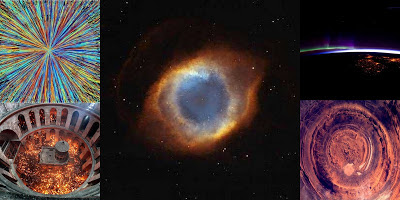[The Lord, our Resurrection and life,] offers us redemption [from vainglory, selfishness, pride, pique (self-respect), etc.] and [offers us] freedom, and teaches us proper behavior :
— forbearing one another in love [Eph. 4:2],
— Give to every man that asketh of thee; and of him that taketh away thy goods ask them not again [Luc. 6:30],
— Love your enemies… and pray for them which despitefully use you, and persecute you [Matt. 5:44],
— Therefore all things whatsoever ye would that men should do to you, do ye even so to them [Matt. 7:12],
and
— Bless them which persecute you: bless, and curse not [Rom. 12:14].
From Atnonite Discourses
[responses given by elder
+ Joseph of Vatoped]
+ Joseph of Vatoped]



